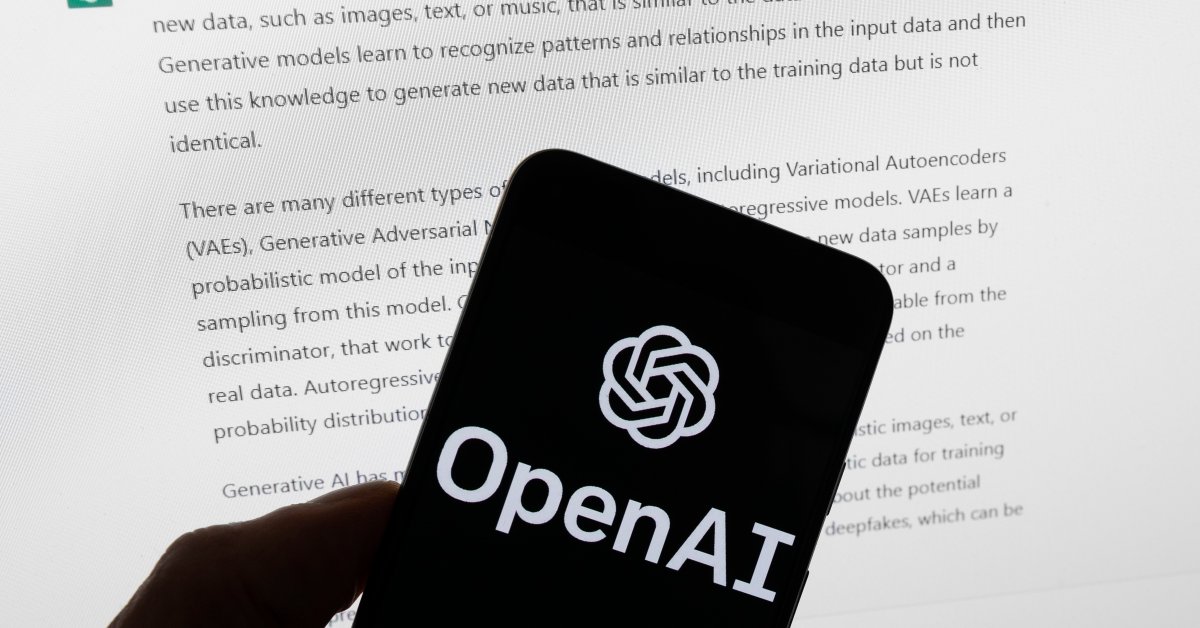The regulation of artificial intelligence programs that impact important decisions in areas such as hiring, housing, and medical care is facing challenges in statehouses across the country. Only one out of seven bills aimed at preventing AI discrimination has passed, with Colorado Governor Jared Polis signing the bill with reservations. The bills have faced opposition from civil rights groups, the tech industry, lawmakers, and governors concerned about stifling AI innovation.
Colorado’s bill, along with similar proposals in Washington, Connecticut, and elsewhere, require companies to assess the risk of discrimination from their AI systems and inform customers when AI is used to make important decisions. These bills are more ambitious than others focusing on specific AI issues, targeting discrimination as one of the technology’s most complex problems. Rumman Chowdhury, AI envoy for the U.S. Department of State, highlighted the lack of transparency in AI algorithms and the potential for discrimination.
The debate over AI regulation extends beyond the seven bills, with over 400 AI-related bills being considered this year. While many focus on specific aspects of AI, such as deepfakes in elections or pornography, the seven bills are more comprehensive in scope. They aim to address discrimination across various industries impacted by AI, highlighting the need for increased transparency and accountability in AI decision-making processes.
Governor Polis’s cautious approach to signing Colorado’s bill reflects concerns about balancing AI innovation with the need to prevent discrimination. He called for improvements to the bill before it takes effect, emphasizing the importance of finding a balance between regulating AI and allowing for technological advancement. The complexity of AI regulation and the potential consequences of discriminatory AI decisions underscore the challenges faced by lawmakers in crafting effective legislation.
As the debate over AI regulation continues, the need for collaboration between stakeholders, including civil rights groups, the tech industry, lawmakers, and government officials, becomes increasingly apparent. Addressing the risks of AI discrimination requires a nuanced understanding of the technology and its impact on society. By navigating these complexities and working towards comprehensive regulations, policymakers can strive to ensure that AI systems promote fairness, transparency, and accountability in decision-making processes that affect millions of Americans.









